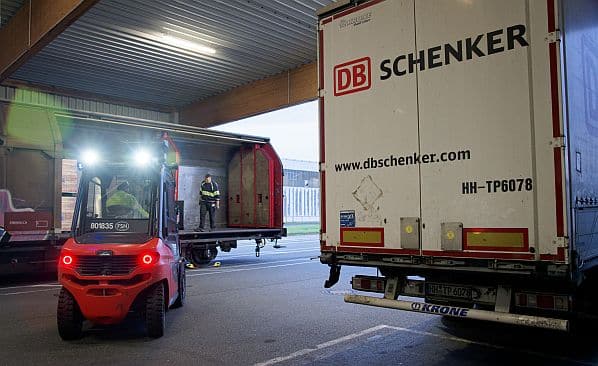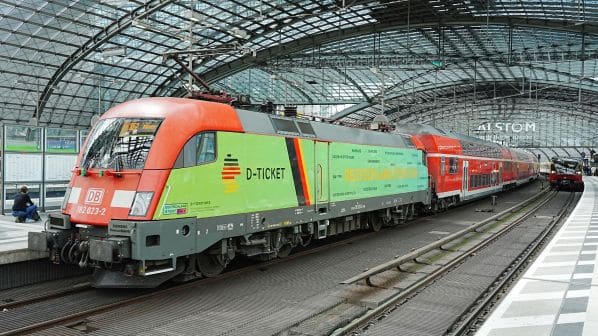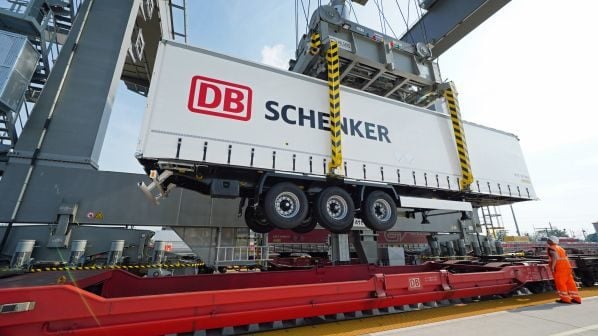GERMAN Rail (DB) has launched the sale process for its logistics subsidiary DB Schenker. DB issued details of the “open and non-discriminatory" process for the sale on December 19. Any sale must have “economic advantages for DB in all respects”.
With around 76,600 employees at more than 1850 locations in more than 130 countries, DB Schenker is one of the world's top four logistics providers. DB says the international logistics market offers excellent prospects for long-term growth and that DB Schenker has a strong position in all the main market sectors - land, air and ocean freight - as well as in specialised logistics services.
DB says DB Schenker has contributed very positively to DB's economic growth since it bought Stinnes Logistics in 2002, which owned the Schenker brand, and rebranded it as DB Schenker. However, DB says the company will need more capital and flexibility for its own growth in the future.
DB will retain all proceeds from the sale, with a large part being used to reduce long-term debt. DB also says the sale “would significantly accelerate DB's focus on its core business and the implementation of its Strong Rail strategy” which it has agreed with the German government.
Prospective purchasers are required to contact Goldman Sachs and Morgan Stanley Europe, who are managing the sale, by January 15 2024.
German media reports suggest the company could be worth around €20bn and potential purchasers include the privatised German mail company Deutsche Post via its DHL subsidiary, Kuehne+Nagel, and the Abu Dhabi Sovereign Wealth Fund ADQ, which is a shareholder in Etihad Airways and Etihad Rail.
IRJ analysis
The coalition federal government, elected in 2021, prioritised refocusing DB on improving its national rail operations and in particular its failing infrastructure.
In mid-December 2022, following requests from the German government, DB’s Supervisory Board asked DB management to evaluate options for the sale of DB Schenker, and investment banks have subsequently advised the company on sale options.
The desire for the sale was driven by a public perception that DB had invested too much outside Germany and concerns that DB Schenker had grown so large and become so important to overall DB finances that commercial risks taken within DB Schenker are ultimately backed by DB’s owner, the federal government, and therefore ultimately German taxpayers. DB has already announced the sale of its international passenger transport business Arriva.
In presenting its 2022 financial results, DB highlighted the huge contribution DB Schenker makes to overall performance. DB Schenker reported Ebit of €1.84bn on a turnover of €27.6bn. This profit effectively subsidises losses made elsewhere - particularly by rail freight operator DB Cargo, which reported an Ebit loss of €257m on a turnover of €5.2bn in 2022.
When DB Schenker is sold, the remaining DB group will not only be significantly smaller but also inherently less profitable than it is today, albeit with lower levels of debt.





